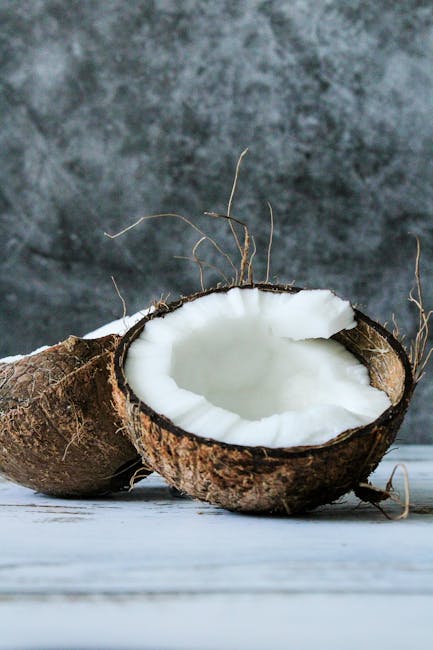Introduction
Our liver, a vital organ, plays a crucial role in detoxification, metabolism, and overall health. Modern diets, often laden with processed foods and artificial additives, can burden the liver, hindering its ability to function optimally. Adopting a whole-foods approach, particularly inspired by the Paleo diet, can significantly improve liver function and enhance your body’s natural detoxification processes. This article explores how embracing whole, unprocessed foods in a Paleo-aligned manner can lead to a healthier and more efficient liver.
The Paleo Diet and Liver Health
What is the Paleo Diet?
The Paleo diet, also known as the caveman diet, focuses on eating foods that our hunter-gatherer ancestors would have consumed. This primarily includes:
- Lean meats
- Fish
- Fruits
- Vegetables
- Nuts and seeds
It excludes processed foods, grains, legumes, dairy, and refined sugars.
How the Paleo Diet Supports Liver Function
By eliminating processed foods and focusing on nutrient-dense options, the Paleo diet reduces the toxic load on the liver, allowing it to function more efficiently. Here’s how:
- Reduced Exposure to Toxins: Paleo inherently cuts out many processed foods containing artificial sweeteners, preservatives, and trans fats, all of which the liver must process.
- Anti-inflammatory Properties: Rich in antioxidants and anti-inflammatory compounds from fruits, vegetables, and omega-3 fatty acids from fish, the Paleo diet helps combat liver inflammation.
- Improved Insulin Sensitivity: By avoiding refined sugars and processed carbohydrates, the Paleo diet helps regulate blood sugar levels and improve insulin sensitivity, reducing the risk of non-alcoholic fatty liver disease (NAFLD).
- Increased Nutrient Intake: Paleo encourages the consumption of nutrient-dense foods that provide the liver with the building blocks it needs for detoxification and repair.
Whole Foods for Liver Detoxification
Key Whole Foods for Liver Health
Specific whole foods offer exceptional support for liver detoxification and function:
- Cruciferous Vegetables (Broccoli, Cauliflower, Brussels Sprouts): These vegetables contain compounds that help activate liver enzymes involved in detoxification.
- Leafy Greens (Spinach, Kale, Arugula): Rich in chlorophyll, leafy greens help cleanse the blood and detoxify the liver.
- Berries (Blueberries, Strawberries, Raspberries): High in antioxidants, berries protect liver cells from damage.
- Garlic and Onions: These contain sulfur compounds that support liver detoxification pathways.
- Avocado: A healthy fat source that promotes liver health and reduces inflammation.
- Fatty Fish (Salmon, Mackerel, Sardines): Rich in omega-3 fatty acids, these fish help reduce liver inflammation and improve lipid profiles.
- Nuts and Seeds (Almonds, Walnuts, Flaxseeds): Provide essential nutrients and healthy fats that support liver function.
The Importance of Hydration
Adequate hydration is crucial for liver detoxification. Water helps flush out toxins and supports the liver’s ability to process waste products. Aim for at least 8 glasses of water per day.
Beyond Diet: Lifestyle Factors for Liver Health
While diet is paramount, other lifestyle factors also contribute significantly to liver health:
- Regular Exercise: Physical activity helps improve insulin sensitivity and reduce liver fat.
- Adequate Sleep: Sleep allows the liver to repair and regenerate. Aim for 7-9 hours of quality sleep per night.
- Stress Management: Chronic stress can negatively impact liver function. Practice stress-reducing techniques like meditation or yoga.
- Limit Alcohol Consumption: Excessive alcohol intake can damage liver cells and lead to liver disease. Moderation or abstinence is recommended.
Conclusion
Adopting a whole-foods, Paleo-inspired diet is a powerful strategy for improving liver function and enhancing your body’s natural detoxification processes. By eliminating processed foods, focusing on nutrient-dense options, and incorporating lifestyle factors that support liver health, you can optimize this vital organ’s function and promote overall well-being. Remember to consult with a healthcare professional or registered dietitian before making significant dietary changes, especially if you have pre-existing health conditions.
